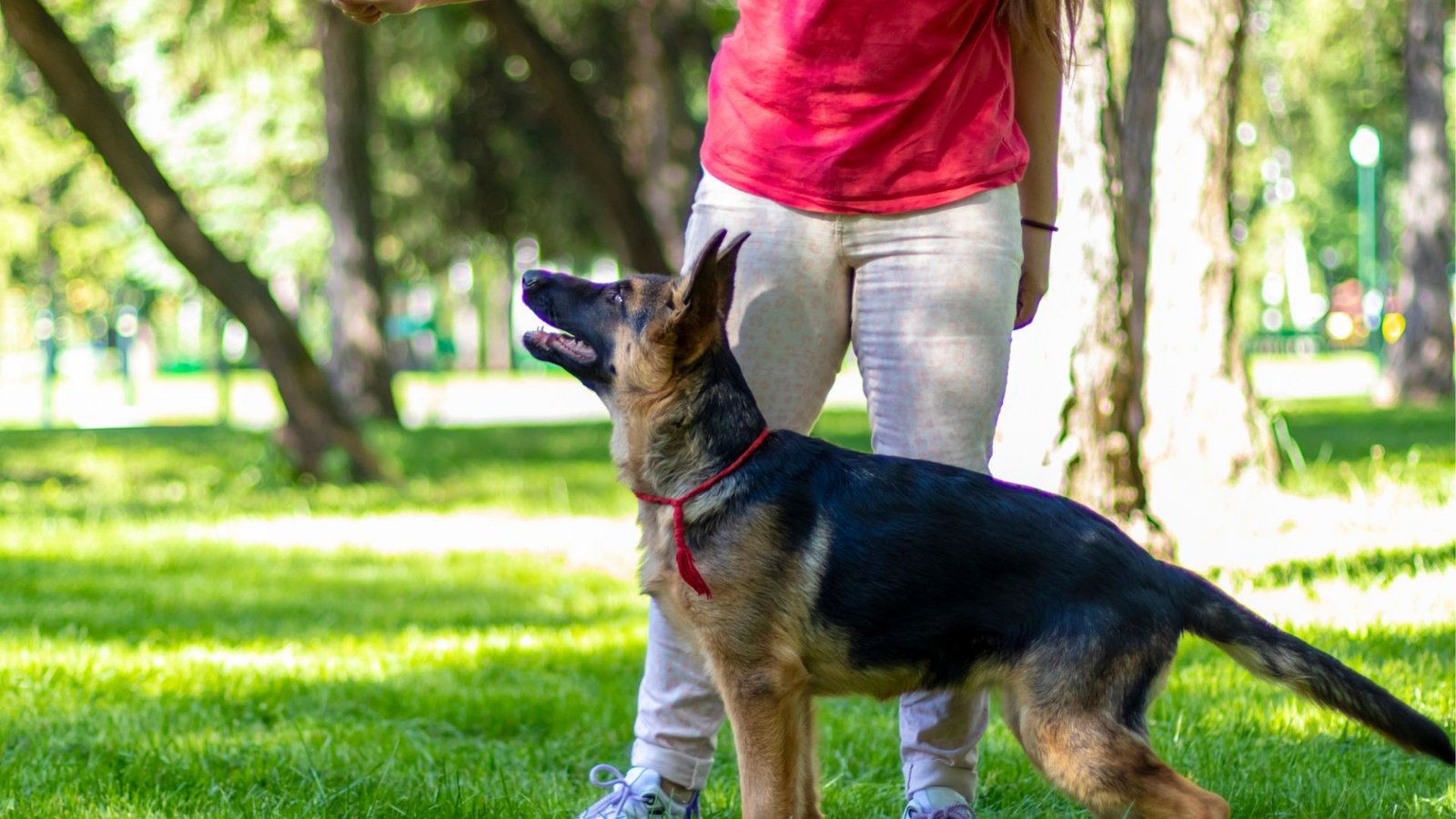Health Issues Common in Chihuahuas
Chihuahuas are generally healthy and resilient dogs, but like all breeds, they are prone to specific health issues. Understanding these potential problems can help ensure that your Chihuahua lives a long, happy life. Early detection and proper care are key to managing many of these conditions.
1. Dental Problems
One of the most common health issues in Chihuahuas is dental disease. Due to their small mouths, Chihuahuas are prone to overcrowded teeth, which can lead to plaque and tartar buildup. Over time, this can cause gum disease, tooth decay, and even tooth loss.
Prevention and Care
Regular brushing with a dog-safe toothbrush and toothpaste can help reduce plaque buildup. Additionally, providing dental chews and scheduling regular veterinary dental cleanings can prevent more severe issues.
2. Heart Disease
Chihuahuas are susceptible to heart problems, particularly heart murmurs and congestive heart failure. The most common condition in Chihuahuas is mitral valve disease, which affects the heart’s ability to pump blood effectively.
Prevention and Care
While heart disease can’t always be prevented, regular vet check-ups can help detect early signs. Keeping your dog at a healthy weight and avoiding excessive physical strain can help manage the condition. Medication prescribed by a veterinarian can help improve quality of life for dogs with heart issues.

3. Patellar Luxation
Patellar luxation, or the dislocation of the kneecap, is another condition that affects many small dogs, including Chihuahuas. It occurs when the patella (kneecap) slips out of place, causing pain, lameness, and difficulty walking.
Prevention and Care
Maintaining a healthy weight can reduce the risk of patellar luxation, as excess weight puts additional strain on the joints. In severe cases, surgery may be required to correct the problem.
4. Hypoglycemia
Hypoglycemia, or low blood sugar, is common in Chihuahuas, especially in puppies and young adults. This condition can cause symptoms such as weakness, lethargy, shaking, and even seizures.
Prevention and Care
To help prevent hypoglycemia, it’s essential to provide regular meals throughout the day, particularly for young or underweight Chihuahuas. If your dog shows signs of hypoglycemia, you should contact your vet immediately. In some cases, feeding small, frequent meals can help manage the condition.
5. Eye Problems
Chihuahuas are prone to several eye problems, including dry eye, cataracts, and retinal problems. Their large, expressive eyes are vulnerable to injury, and conditions like glaucoma or corneal ulcers can occur.
Prevention and Care
Regular eye check-ups are important to detect early signs of any issues. Keeping your Chihuahua’s face clean and free from debris can also help prevent eye infections. If you notice any changes in your dog’s vision or behavior, such as squinting or redness, seek veterinary care promptly.
6. Liver Shunt
A liver shunt is a condition in which blood flow bypasses the liver, leading to the accumulation of toxins in the bloodstream. Chihuahuas, especially those with a genetic predisposition, are more likely to develop liver shunts.
Prevention and Care
Liver shunts are often diagnosed through blood tests and imaging. Treatment typically involves surgery to correct the blood flow or a specialized diet to manage the condition. Early detection and treatment are essential to improve the chances of a positive outcome.
7. Collapsing Trachea
Chihuahuas are known for having a fragile trachea, which can collapse and cause breathing difficulties. This condition is particularly common in older Chihuahuas and can be triggered by excessive coughing or pressure on the neck.
Prevention and Care
To prevent this condition, avoid using a collar that applies pressure to the neck. Instead, use a harness for walks. Additionally, maintaining a healthy weight and avoiding excessive coughing can help reduce the strain on the trachea.
8. Obesity
Chihuahuas are prone to becoming overweight, especially if they have a sedentary lifestyle or are overfed. Obesity can lead to a host of other health issues, including heart disease, joint problems, and diabetes.
Prevention and Care
Maintaining a balanced diet and providing regular exercise is essential for preventing obesity in Chihuahuas. Avoid feeding table scraps or high-calorie treats, and monitor your dog’s weight regularly.
Conclusion
While Chihuahuas are generally healthy, they are susceptible to a variety of health issues, many of which are common in small breeds. By staying vigilant about your dog’s health and scheduling regular veterinary check-ups, you can catch problems early and ensure a long, happy life for your Chihuahua. Proper care, a balanced diet, and a healthy lifestyle will go a long way in managing their specific health concerns and improving their quality of life.








